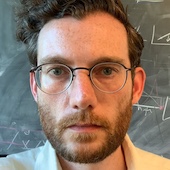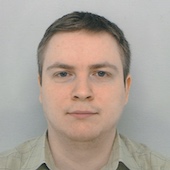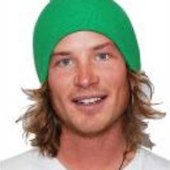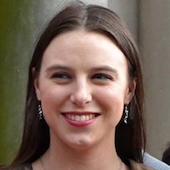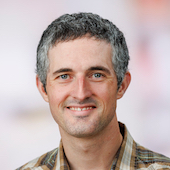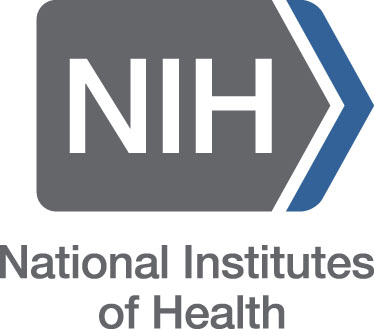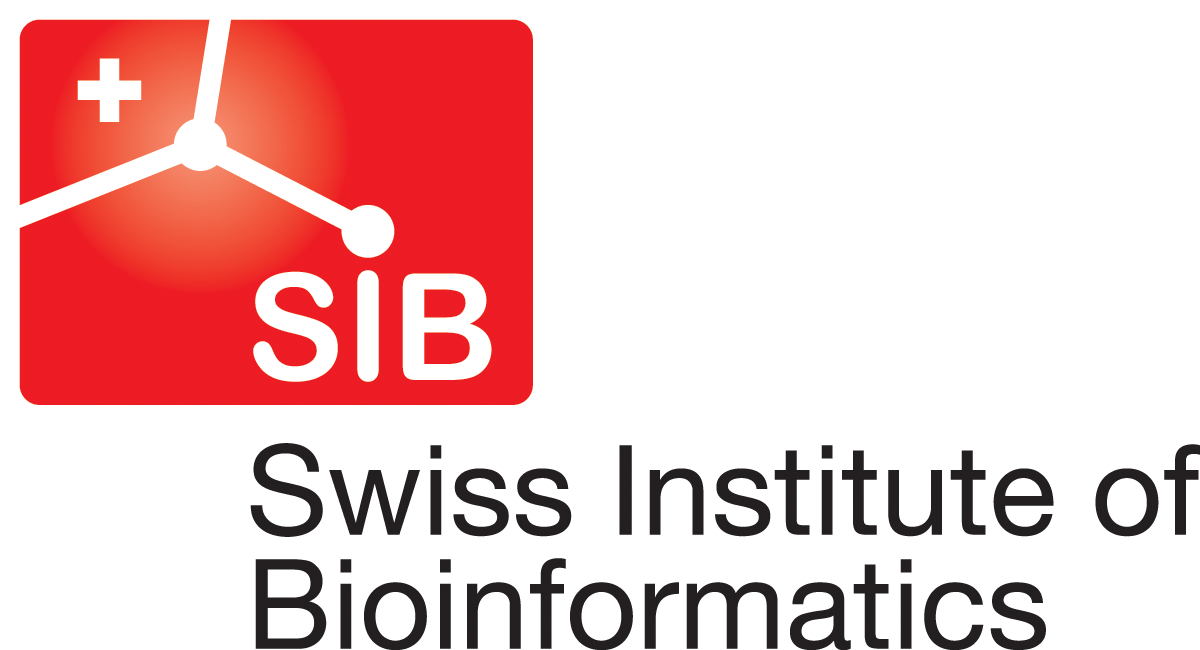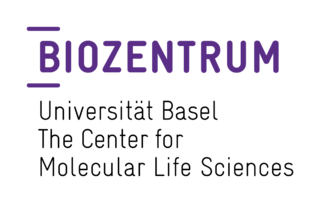Standardized Multiple Inputs
The Nextstrain team
The Nextstrain team is continuing our push to facilitate running pathogens workflows with user data and user config as outlined in our planned directions for 2025. We have decided to standardize configuration parameters for defining multiple inputs for phylogenetic workflows and have updated our pathogen-repo-guide with the latest guidance.
Our phylogenetic workflows will define the default inputs for Nextstrain,
which usually links to Nextstrain curated data produced from our ingest workflows.
Custom builds are then expected to include their own inputs with additional_inputs
defined in the config.yaml.
inputs:
- name: nextstrain
metadata: "s3://nextstrain-data/files/workflows/<pathogen>/metadata.tsv.zst"
sequences: "s3://nextstrain-data/files/workflows/<pathogen>/sequences.fasta.zst"
additional_inputs:
- name: private
metadata: "data/private_metadata.tsv"
sequences: "data/private_sequences.fasta"
If you would like to run the phylogenetic workflow without the Nextstrain inputs,
then you can use the inputs parameter to completely override them.
inputs:
- name: private
metadata: "data/private_metadata.tsv"
sequences: "data/private_sequences.fasta"
We will be updating our existing pathogen workflows to use the standardized parameters and you can track our progress in our public tracking issue. Pathogen workflows that currently support multiple inputs with the standard parameters are avian influenza, West Nile virus, and zika. The input configuration for the SARS-CoV-2 workflow already supports multiple inputs with additional features, so we will not be updating it to conform to the new standard.
If you have questions or comments, please feel free to post to our discussion forum or create an issue in a pathogen GitHub repository.
